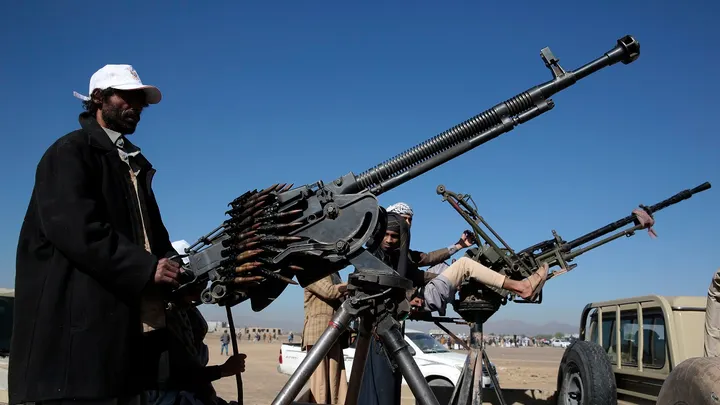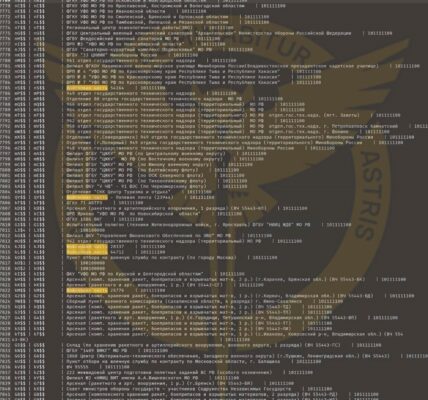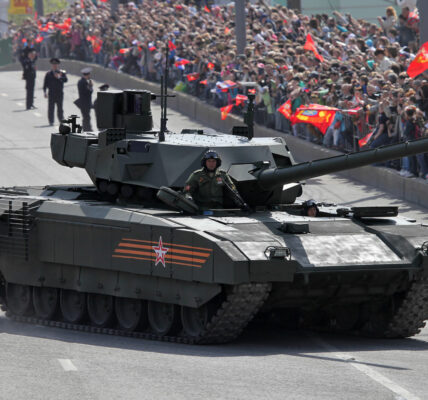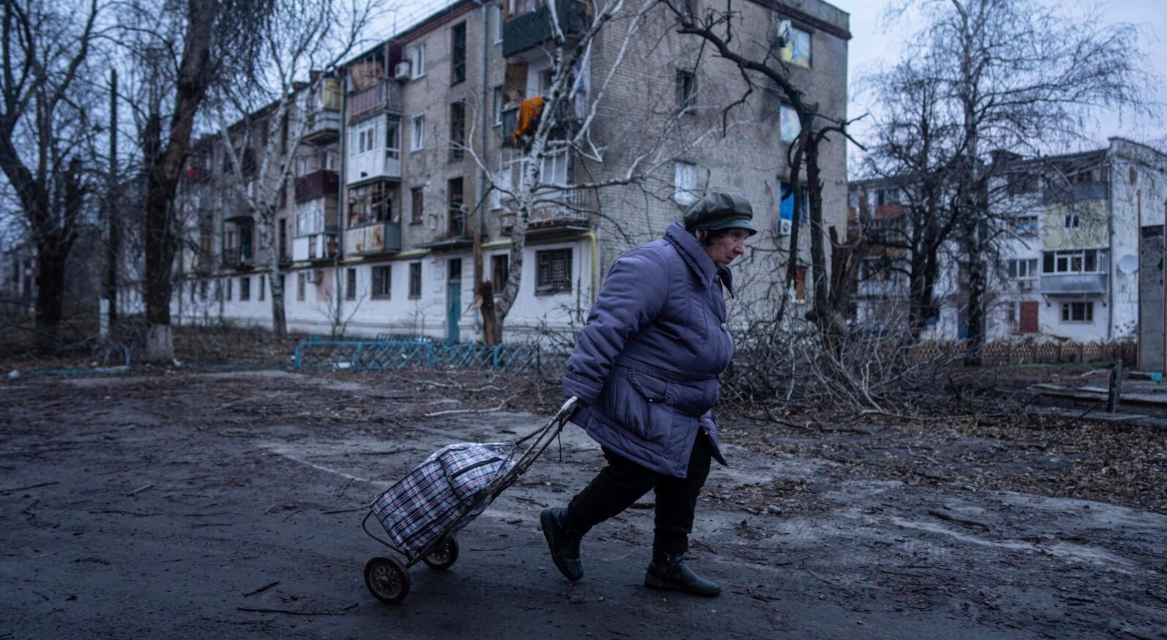Chinese authorities are reportedly exerting pressure on Iran to curb the persistent attacks of Iranian-backed Houthi terrorists, who have been carrying out strikes on commercial vessels in the Red Sea, or risk harming business relations with Beijing.
Discussions on the attacks by the Yemeni group and their impact on trade have been a recurrent theme in recent meetings between Chinese and Iranian officials.
China, being Iran’s primary trade partner for the past decade, holds significant economic ties with the country, and according to trade analytics firm Kpler, purchased over 90% of Iran’s crude oil exports last year, whereas Iranian oil, accounts for just 10% of China’s crude imports meaning Beijing could readily plug shortfalls from elsewhere.
One Iranian official briefed on the talks who has chosen to remain anonymous told Reuters; “Basically, China says: ‘If our interests are harmed in any way, it will impact our business with Tehran. So tell the Houthis to show restraint’.
When asked for comment, China’s Ministry of Foreign Affairs affirmed, “China is a sincere friend of the countries of the Middle East and is committed to promoting regional security and stability and seeking common development and prosperity. We firmly support Middle Eastern countries in strengthening their strategic independence and uniting and collaborating to resolve regional security issues.”
Houthi Commander, Abdel Malek Al Houthi, in a televised speech, on Thursday, claimed Iran has conveyed no such warnings from China and the group will continue to target vessels linked to Israel until aid reaches Gaza.
He also asserted the US-led strikes on his group’s missile and drone sites would be counterproductive and would not deter “our will and determination”.
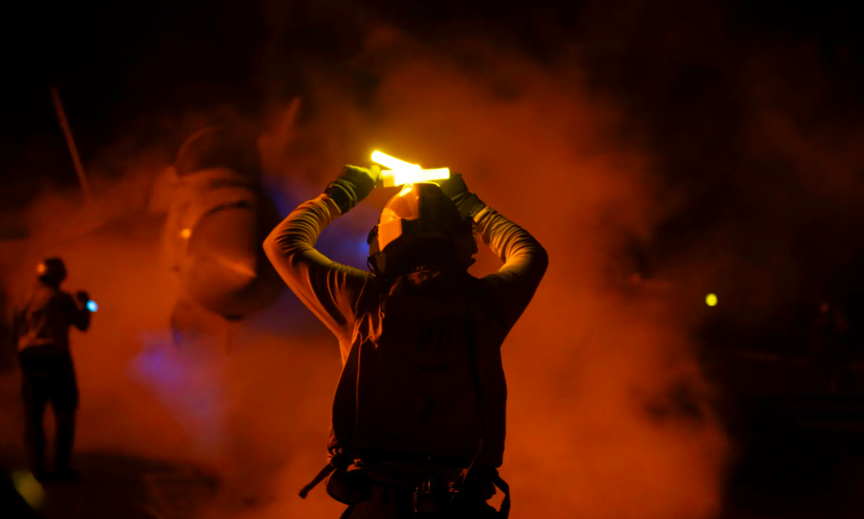


On Wednesday, US forces successfully intercepted and shot down two Houthi anti-ship ballistic missiles that were being readied to target commercial vessels in the Southern Red Sea.
The United Nations Conference on Trade and Development (UNCTAD), reported that the Suez Canal has seen 39% fewer ships transiting since early December, resulting in a 45% reduction in freight tonnage.
Specifically, container shipments through the canal plummeted by 82% in the week ending 19 January compared to early December.
The decline was more significant for liquefied natural gas (LNG), with dry bulk experiencing a smaller drop, and crude oil tanker traffic showing a slight increase.
UNCTAD has issued warnings of increased inflation, uncertainty over food security, and a surge in emissions due to longer routes and vessels having to travel faster to compensate for detours.
Jan Hoffmann, UNCTAD’s Chief of Trade Logistics, expressing deep concern on Thursday said, “We are very concerned that the attacks on Red Sea shipping are adding tensions to global trade, exacerbating [existing] trade disruptions due to geopolitics and climate change,”
Hoffmann continued saying there are now three vital global trade routes experiencing disruption, including the flow of grain and oils since Russia’s invasion of Ukraine, and the Panama Canal, which is encountering issues due to low water levels caused by drought. This resulted in a 36% year-on-year decrease in shipping last month and a 62% decline from two years ago.

